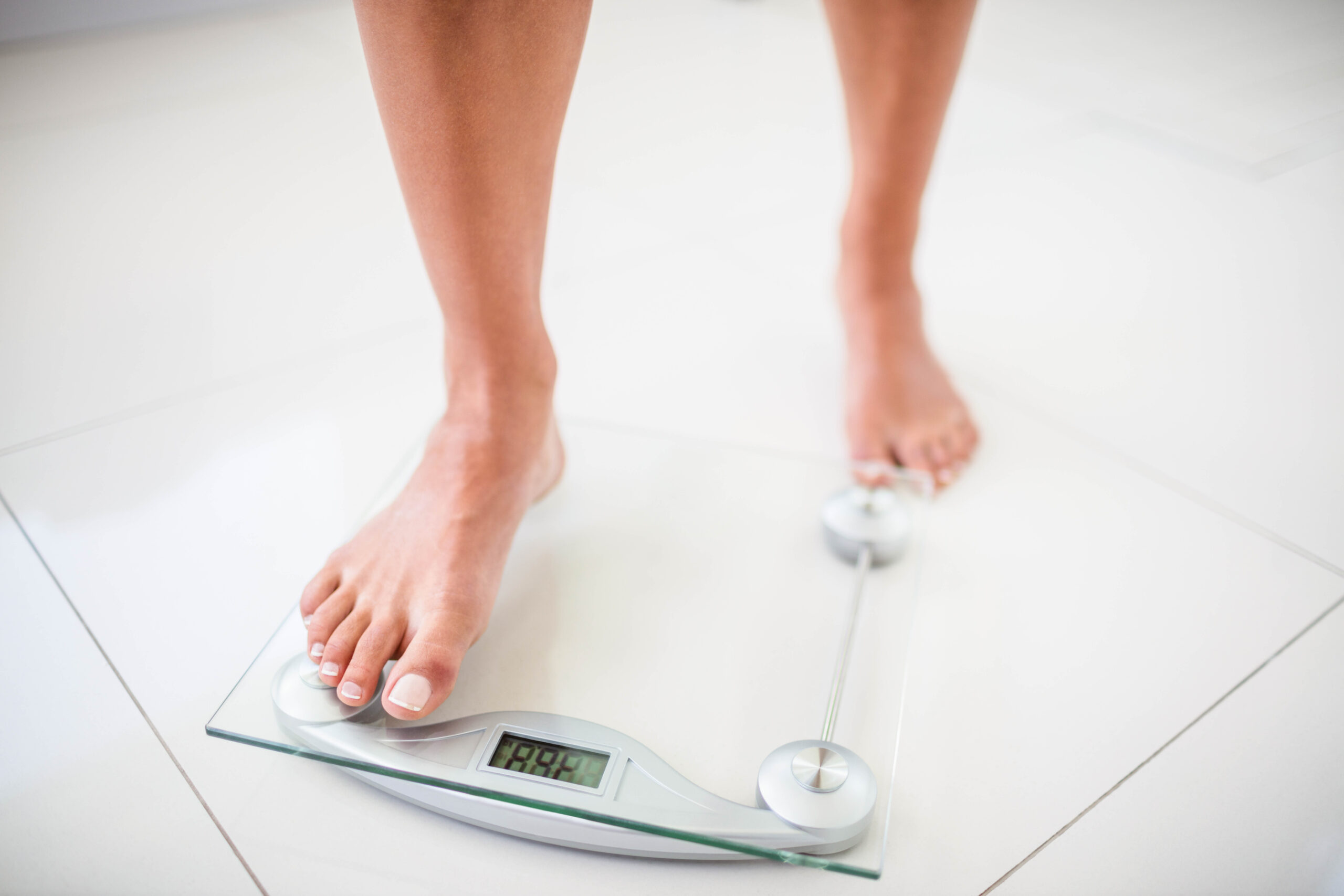
Unintentional Weight Loss In Older Adults
Posted on 12/29/2021
Many people look in the mirror and think they could benefit from losing a few pounds. Generally speaking, weight loss is seen as a positive thing, and you may have even been advised to lose weight by your doctor. In some cases, however, weight loss in older adults can be a warning sign of an underlying condition. Learn more about weight loss that’s normal versus weight loss that’s excessive.
Normal Versus Excessive Weight Loss
Unintentional weight loss is quite common among the senior population. Studies show that unintentional weight loss occurs in 15 to 20 percent of people over the age of 65. Age causes you to lose bone and muscle mass naturally at an estimated half a pound per year. Gender is also a factor in weight loss as you age as well. Women typically stop gaining weight once they reach the age of 65 while men tend to gain weight until they reach the age of 55, and then slowly start to lose it over time due to a drop in testosterone. As you get older, it’s important to be on the lookout for excess weight loss, which is considered to be losing 5% or more of your body weight every 6-12 months.
Causes of Unintentional Weight Loss
Excess weight loss in adults is associated with increased mortality and morbidity and is important to address when observed. There are a number of reasons this can occur ranging from medical issues to mental health issues and include:
- Different types of cancer.
- Dementia or Alzheimer’s.
- Gastrointestinal disease.
- Kidney disease.
- Depression and anxiety.
- Endocrine diseases or Diabetes.
- Dental issues.
- Side effects from medications that cause a reduction in appetite.
- Alcoholism.
- Heart problems.
- Malnutrition or the inability to gain access to nutritious foods.
- Inability to feed oneself.
- Late-life paranoia.
The Consequences of Excess Weight Loss in Older Adults
Losing too much weight can lead to significant medical issues and a decreased quality of life. Too much weight loss can increase the risk of health-related injuries such as bone fractures and can hinder your ability to participate in physical activities that promote better health. It can also increase the chances that you end up in the hospital and can significantly increase the risk of disease or death. It’s important to work closely with your doctor and be mindful of any changes in your weight loss.
How to Maintain a Healthy Weight As You Get Older
One of the most important things you can do as you age is to maintain a well-rounded, nutritious diet. Consuming the right nutrients is key to a longer, healthier lifestyle. If you are losing weight, here are some things you can try, in addition to working with your doctor:
- Address your eating style. It may be that you don’t want to consume three large meals per day, and that’s okay. Start breaking it up into smaller meals throughout the day. If you’re on a low-sodium diet, try foods with more seasonings and flavors to make them more appealing.
- Consume yogurt, ice cream, cheese, or other dairy foods that are full-fat instead of the low-fat version.
- Keep high-calorie foods at your disposal and try to consume them each day. Foods like nuts, avocado, cheese, and peanut butter are healthy and contain a lot of calories.
- Avoid smoking as it acts as an appetite suppressant in addition to causing other health problems.
- Eat with other people. If eating becomes a social event, it may increase your motivation to consume calories.
- Keep frozen or canned fruits and vegetables on hand. They are easy to prepare and are highly nutritious.
- Staying active can help increase your appetite, so get plenty of exercise.
- If cooking becomes a burden, consider a service that provides ready-made meals that don’t require cooking.
The Daylesford Crossing wellness program aims to help you feel your best through customized health services including nutrition and fitness programs. Our goal is to help you build a happy and healthy life on your terms. Learn more about our community by contacting us today.